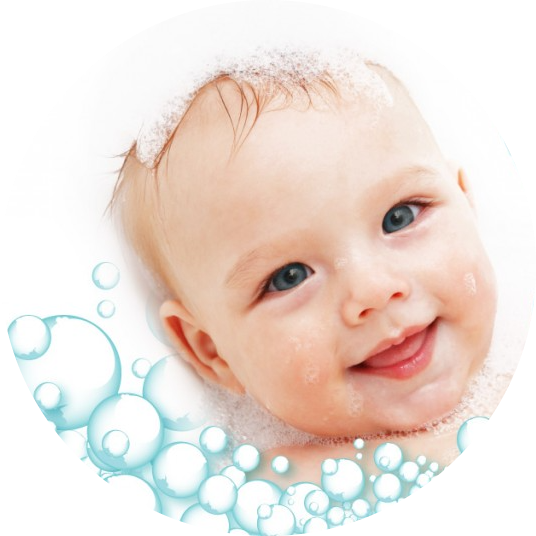Chemical-free baby care
Chemical-free baby care is increasingly emphasized today due to the multiplication of toxins around us.

The trend of chemical-free cosmetics is now spreading all over the world. There are more and more people who maintain a “clean” lifestyle, regarding diet or skincare as well
Numerous well-known baby care and bathing products contain carcinogens like formaldehyde or dioxane. Ingredients from the best-known brands have been tested for the presence of high-risk contaminants in North America, as part of a campaign on safe cosmetics. The study focused on several branded, popular baby products.
82% of the products tested contained formaldehyde or a formaldehyde derivative, and 67% contained dioxane.
The International Agency for Research on Cancer of the World Health Organization classified formaldehyde as a carcinogen in 2004 after evaluating evidence from 26 scientists in 10 countries. Experimental animals have shown dioxane to be carcinogenic, and its presence is already a cause for concern. In key stages of individual development, including fetal age, infancy, and puberty, multiple exposures to a known carcinogen or several carcinogenic and mutagenic components are of concern, even if the risk of single exposure is low.
Who can we trust if we can’t trust the companies that make our children’s products?
Compared to adults, babies have 5x thinner skin and are more permeable.

DID YOU KNOW?
Why chemical-free baby care products matters?
Toxins are more easily absorbed through the baby’s skin and its tiny body does not detoxify as efficiently, especially if it also has methylation problems, which is, unfortunately, an increasingly common phenomenon. Because of all this, the same chemicals can drastically affect babies and young children. If you want to know more about the effect of toxins you can find information in our membership area soon.

